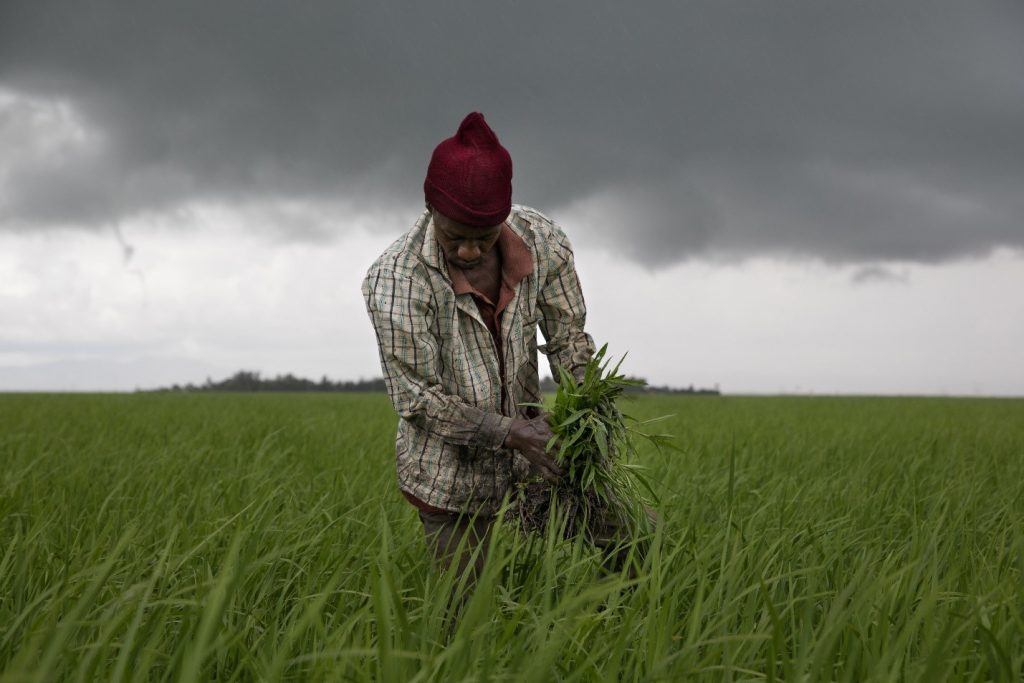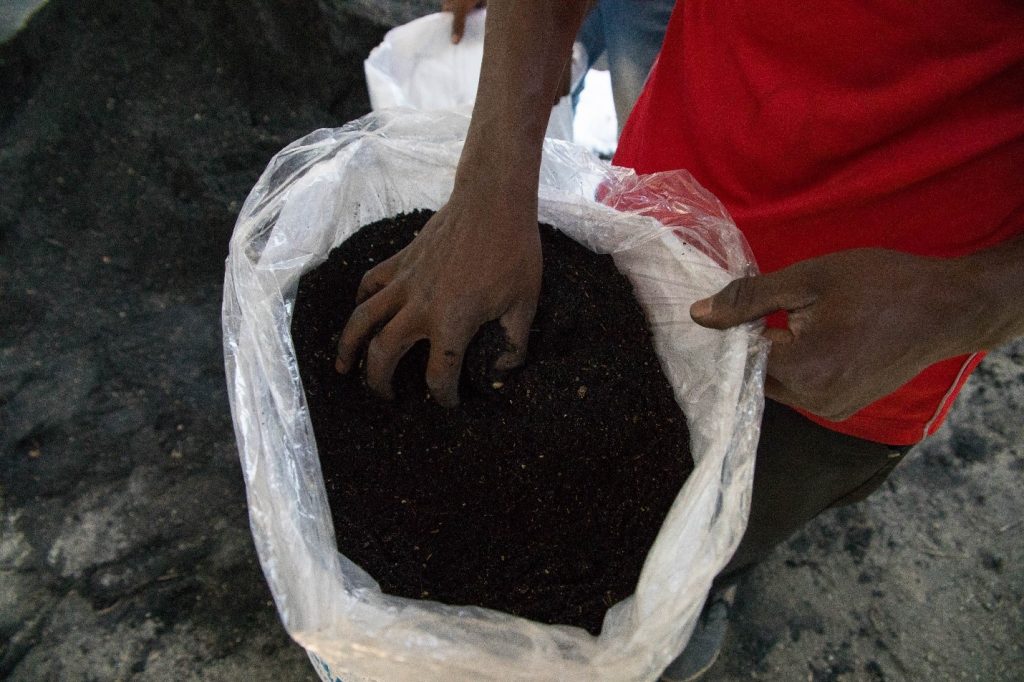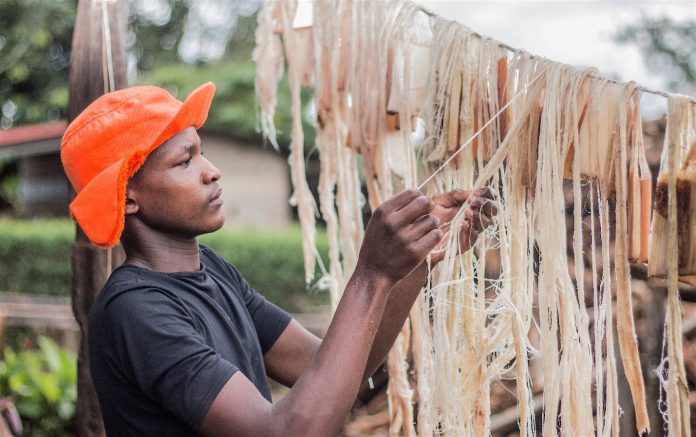Most people are gaining more knowledge of the need for sustainability and are also taking initiatives for driving a sustainable future. One thing is clear. We cannot sit back and watch a few drive this car as we cheer them along, we need to hop in and assist where possible. This can only be done through partnerships. SEED is one of the organizations driving the achievement of SDG’s innovation through partnerships.
Its vision supports enterprises across sectors that generate positive environmental, social, and economic impacts. These eco-inclusive enterprises stimulate sustainable development to reduce poverty and combat environmental degradation. The small and growing enterprises that work with SEED lead global transition to a socially inclusive and environmentally sustainable green economy.
Tell us about SEED.
SEED was established back in 2002 as a type II partnership[1] for action on sustainable development and the green economy.
The organization works with ‘eco-inclusive’ enterprises (also referred to as green and social enterprises) which are solving the problems highlighted in the SDGs: poverty, (youth) unemployment, inequality, food insecurity and environmental degradation for example. We as SEED are convinced that enterprises can play a significant role in addressing those (global) challenges on the ground.
How has SEED contributed to achieving the SDGs through partnerships?
SEED is at heart a partnership for the SDGs. We believe that multi-stakeholder collaboration enables these enterprises to more effectively and efficiently deliver their products and services for the achievement of the SDGs. Partnerships with NGOs, governments, community-based organizations and donors build their internal capacities and tap into the knowledge base, networks, human and financial resources of partner organizations.
What is the collaborative advantage generated by partnering with growing enterprises?
There are many advantages, but we’ll highlight two: local knowledge and Innovation & inspiration:
Local knowledge: eco-inclusive enterprises create value and advantages for employees, suppliers, distributors, and others along their value chain. They build teams, companies, and partnerships using local knowledge, local skills, and networks. They operate with and in local communities to build and transform local economies with their products and services. Partners to these enterprises thus benefit from insights into local customer needs, local reality, and access to local networks, which open up businesses, philanthropic opportunities or can inform policymaking.
Innovation and Inspiration: Founders and employees in green and social enterprises have some of the most innovative and inspiring ideas for tackling local problems. Their drive, determination and inventive spirit can yield unusual solutions and inspiration for their partners.

What are some of the existing and emerging, innovative approaches to partnerships in tackling the SDGs
Our business model replication work through the SEED’s Replicator strengthens South-South Collaboration and creates a network of ‘streetlamps’ rather than single ‘lighthouses’. The program matches eco-inclusive enterprises around the world to share insights and knowledge and to collaborate. It pairs aspiring entrepreneurs – with established enterprises that have successfully implemented eco-inclusive business models in another location. SEED then equips the future entrepreneur with hands-on tools and business blueprints which are proven to be profitable and, deliver environmental, social and economic benefits.
Then we have our Practitioner Labs: Climate Finance and Policy Prototyping programs, they are partnerships that effectively support eco-inclusive enterprises. This format is innovative in the sense that they get together a group of actors that do not usually meet and takes a co-creation approach to develop solutions to SME needs.
How can growing enterprises put value creation at the heart of partnership development?
We support the development of eco-inclusive models. Within these models, technologies, products, and services are developed and commercialized to benefit the community, the economy, and the environment. The resulting partnerships thus create social, environmental and economic value from the get-go.

What ways of engaging with existing initiatives might create the most net value?
We view partnerships and stakeholder management as key in ensuring the sustainability and long term impact of our enterprises. Partners bring resources and expertise and help foster the participation of groups affected by or interested in the operations of the enterprise.
Different actors have different strengths. Businesses bring expertise on marketing, financials, know-how, infrastructure, and operational capacity; cooperatives ensure the participation and commitment of beneficiaries; governments can promote awareness-raising and regulatory change, non-governmental organizations have the trust of local communities and knowledge of social and environmental problems, and research institutions can bring research and development capacity.
If we look at our past SEED Winners, the most common partnership is one between businesses and nongovernmental organizations; sometimes with additional partners. This hybrid model is the most successful, impactful and beneficial in serving the bottom of the pyramid -compared to pure non-profit or for-profit models.
What are some of the challenges that the organization has faced in partnerships?
SEED is one of two type II partnerships that started in Johannesburg and continues today, as far as we’re aware the others have not continued, so that goes to show that partnerships per se are challenging.
When it comes to partnership, you need shared goals and mutual advantage. We are convinced that going it alone won’t lead to eradicating poverty or fighting environmental degradation. Only multi-stakeholder partnerships driven by mutual benefits can deliver smart solutions based on the capabilities and resources of various partners.
Lastly, in Africa, the gap between investment need and actual investment is substantial. How can public-private partnerships help fill this gap?
Even though widely recognized, there is still an undersupply of the necessary financial products (between 20- 200k USD), but also services and policies that are critical for the growth of our SEED supported enterprises, but African SMMEs in general. The ‘missing middle’ for SMMEs is real and not yet filled by actors such as impact investors. Here green finance is needed, but also supports national and global policies that lead to an ecosystem that is supportive of SMMEs.
In our experience, public-private partnerships unlock expertise and connections that can catalyze investments. Some of the SEED winners (growing enterprises) that have successfully raised finance; Green Heat in Uganda and Ecopost in Kenya and ONergy in India, are very closely aligned with the public interest and work hand-in-hand with local or national governments. Interestingly, one of their key success factors is aligning with and working in partnership with government.



